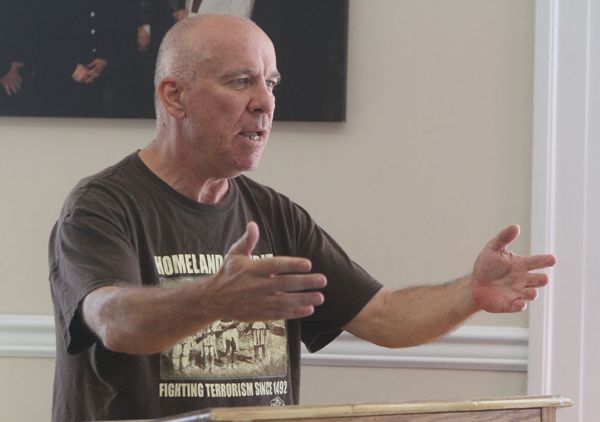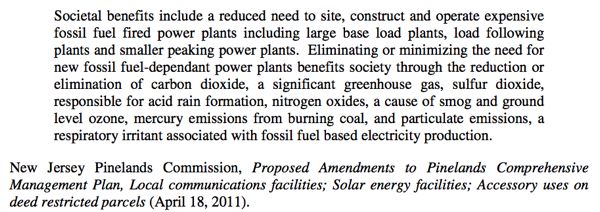The Gas Pipeline Death Spiral
Perverse Incentives to Climate Policy, High Capital Cost Death Spiral, Stranded Assets
I was just reading all the public comments on the Energy Master Plan Update that Christie BPU totally ignored in the Update, and came across an interesting point about how the fundamental economics of gas pipelines work at cross purposes with and undermine both sane economics and climate and energy policy.
(the huge climate footprint of gas is beyond the scope of this economic oriented note).
I call the dynamic an economic death spiral.
NJ dealt with exactly the same economic and environmental dynamics during the debate on garbage incinerators.
In a nutshell, to finance the high capital costs and risks of garbage incinerators and assure that they would operate cost effectively, a fixed large daily volumes of garbage had to be guaranteed to be delivered to the plant by “put or pay” contracts and DEP regulations known as “waste flow”.
These daily waste delivery guarantees resulted in perverse incentives that directly undermined more environmentally sound efforts to reduce and recycle waste. We called it the need to feed the beast.
Then the fatal blow was struck: after the project financing and contracts were executed, the US Supreme Court struck down “waste flow” laws, so cheaper disposal alternatives from nearby Pennsylvania landfills emerged.
At the same time, lower cost recycling increased.
The effect of cheaper alternatives created what was called “leakage”, where waste that was planned to go the incinerator found cheaper alternatives.
This diversion of waste flow increased the effective cost per ton at the incinerator, which provide additional economic incentive to divert even more waste to alternative disposal and recycling alternatives, resulting in uneconomic incinerators and stranded assets the public was forced to pay for.
The death spiral.
Turns out that gas pipelines have exactly the same death spiral economics – as EDF warned the BPU:
New natural gas-fired power plants and interstate pipelines are long-lived resources with useful lives (and depreciated) over forty years or longer. New pipelines, for example, must apply for and obtain FERC approval, in the form of a Certificate of Public Convenience and Necessity, prior to commencing construction. Beforc a proposed new pipeline can apply for a FERC Certificate, it must execute contracts providing sufficient revenue from shippers to pay for the full cost of the project. Because the costs of constructing a new pipeline (particularly a greenfield project) arc so great, these contracts (“precedent agreements” providing for binding transportation service agreements) must be of long duration, typically around 20 years or longer. In precedent agreements, the costs are almost entirely imposed on shippers through take or pay obligations whereby daily pipeline delivery capacity is reserved and paid for by shippers for every day over the period of the transportation scrvice agreements — whether or not those services are used.
,A primary consequence of take or pay transportation agreements is that the fewer the days and the lower the quantities shippers take on those days as natural gas dclivery from the pipeline (i.e., the l0ver the load factor of use), the higher the effective incremental cost of the transportation service per dekatherm delivered or megawatt hour generated using the gas, the effective “cost-in-use.” The fewer megawatt hours generated, the higher the effective incremental, per megawatt hour, cost to customers. There may be a point at which the extent of utilization of new capacity renders its long term cost to be lower than the alternatives. However, this may rcquire a much higher level of utilization than can be reasonably expected (depending on the size of the capacity addition) and will be challenging to predict accurately into the futurc given the ongoing technologically and customer driven trends in the market. Natural gas (the commodity) may be priced relatively low but pipelines to transport it are very expensive, especially when the gas is used primarily to address peak demand conditions or as a firming resource to balance lower cost renewable power generators. Therefore, extreme diligence must be exercised in determining the size of need and the duration of use of new pipeline capacity, especially insofar as fixed long term obligations would be imposed on retail ratepayers. Any continuing presumption that new natural gas pipeline infrastructure will provide price benefits must be supported by analysis, and should consider the stranded cost risk inherent to expensive long-lived infrastructure.
No environmental group has done more harm on so many issues via reliance on markets and economics and corporations.
But this EDF economic analysis is sound and works for the public interest and climate sanity.
But the Christie BPU ignored it anyway.

